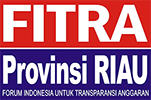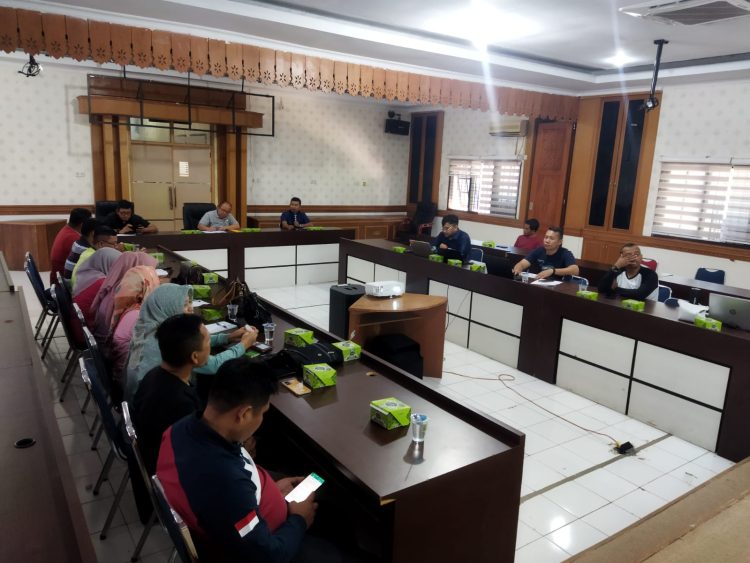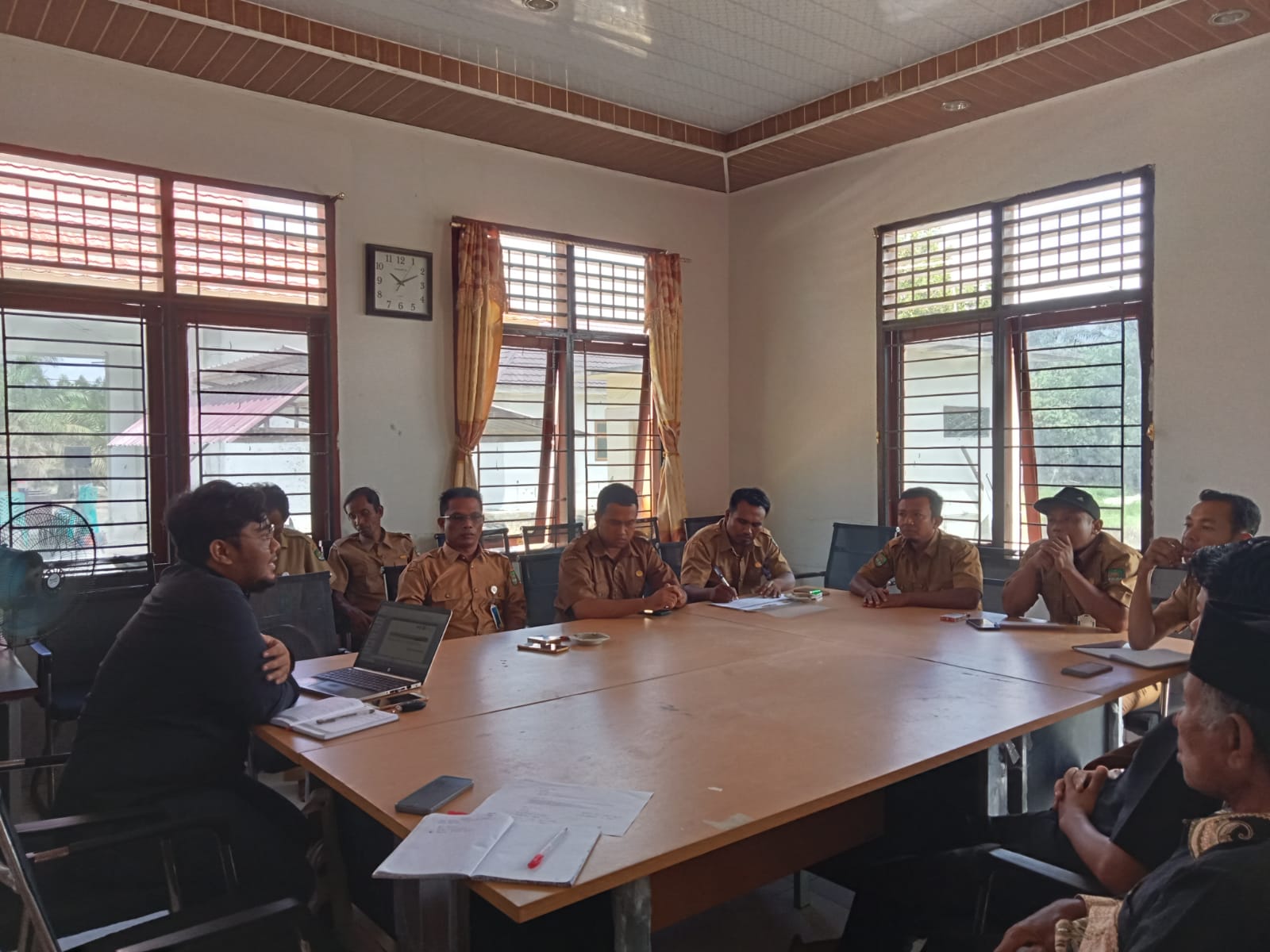FR2023_ Based on the 2022 BPS data update, the extremely poor population in Rokan Hulu Regency is 11,727 people or 9.95 percent, distributed across each sub-district. Looking at Rokan Hulu’s situation, it is also one of the regions that produces oil and gas, with a total of 53 oil wells.
These wells are located in the Bonai Darussalam Sub-district, specifically in Bonai Village with 27 wells, Teluk Sono Village with 6 wells, and in the Tandun Sub-district, in Koto Tandun Village with 17 wells. However, despite these wells, poverty and inequality still persist in these three villages.
Given this situation, FITRA Riau, together with Bappeda (Regional Development Planning Agency), the Department of Social Affairs, the Regional Financial and Asset Management Agency (BPKAD), the Department of Cooperatives and SMEs, the Department of Communication and Information, and the Department of Women and Children, held a discussion regarding support for efforts to alleviate extreme poverty at the Bappeda office on Thursday, June 15, 2023.
In the discussion, Tarmidzi explained that when considering the regional context, Rokan Hulu is one of the oil and gas producing areas in Riau that contributes to the region’s development. On average, areas in Riau receive oil and gas revenue sharing of around 15 percent to 20 percent of their total local revenue.
He stated that in reality, the management of Oil and Gas Royalties (DBH Migas) is not specifically designed for its intended purpose. FITRA’s preliminary findings show that accessibility to social services such as infrastructure facilities, education, healthcare, road access, and economic empowerment for residents, especially around oil and gas locations, is still affected and not adequately addressed.
Furthermore, he highlighted that one of the urgencies observed in the context of producing villages is the high school dropout rate, an increase in stunting rates, and data from the past three years indicate that no programs or activities from the local government have been implemented in oil and gas producing villages,” FITRA’s Deputy stated.
With this situation, FITRA is attempting to encourage the local government to distribute Oil and Gas Revenue Sharing (DBH Migas) to villages through two schemes: first, providing special financial assistance from the district to villages, and second, through the scheme of formulating Village Fund Allocation (ADD),” he clarified.
Furthermore, FITRA’s Deputy continued, “This opportunity serves as an alternative for local governments to contribute towards poverty reduction by supporting budgets and designing priority programs and activities such as healthcare services, education, and poverty alleviation programs in producing villages.”
In response to FITRA’s proposal, the Rohul Regency Government, represented by the Secretary of Bappeda, Febri, mentioned that FITRA’s efforts to help Rokan Hulu Regency overcome poverty are deserving of appreciation.
However, if the proposed scheme involves the use of Special Financial Assistance (BKK) and reformulating the ADD, we are not currently capable of accommodating it due to our financial situation. Our suggestion is that we might explore other alternatives, such as mobilizing CSR funding for poverty alleviation efforts. Febri explained, “For instance, currently, the Rohul Regency Government has allocated a budget of 13 billion in 2023 for poverty programs, distributed across six departments: the Department of Social Affairs, the Department of Transportation, the Department of Food and Fisheries Resilience, the Department of Industry and Trade, and the Department of Cooperatives and SMEs.
“Furthermore,” the Secretary of Bappeda continued, “the assistance provided includes regional staple food assistance, support for people with disabilities, assistance for household materials, support for micro-businesses, assistance for SME equipment, market operations, support for cottage industry equipment, livestock assistance, fish fry and feed assistance, vegetable planting support, fishing gear assistance, rice and food reserves, as well as transportation cash assistance (BLT Transportasi) for community pedicab pullers.”
In addition, Asikin from the Regional Financial and Asset Management Agency (BPKAD) of Rokan Hulu Regency said that providing special assistance to oil and gas producing villages could potentially be pursued through the alternative use of CSR funds. This is because the management of CSR funding has not been effectively mobilized so far. “Our hope is that an alternative would be to strengthen CSR institutions first. In terms of the scheme and implementation direction of the program activities, perhaps our FITRA colleagues could assist us,” said the Secretary of BPKAD.
Continuing the argument of the local government, Taufik said in conclusion, “At the end of this activity, this push is indeed a positive breakthrough and innovation for poverty alleviation efforts, even though the financial condition of the region might not currently support it. The utilization of CSR funding could be an alternative solution that can be pushed forward with improvements and proper implementation models.” He concluded, **Taufik.














